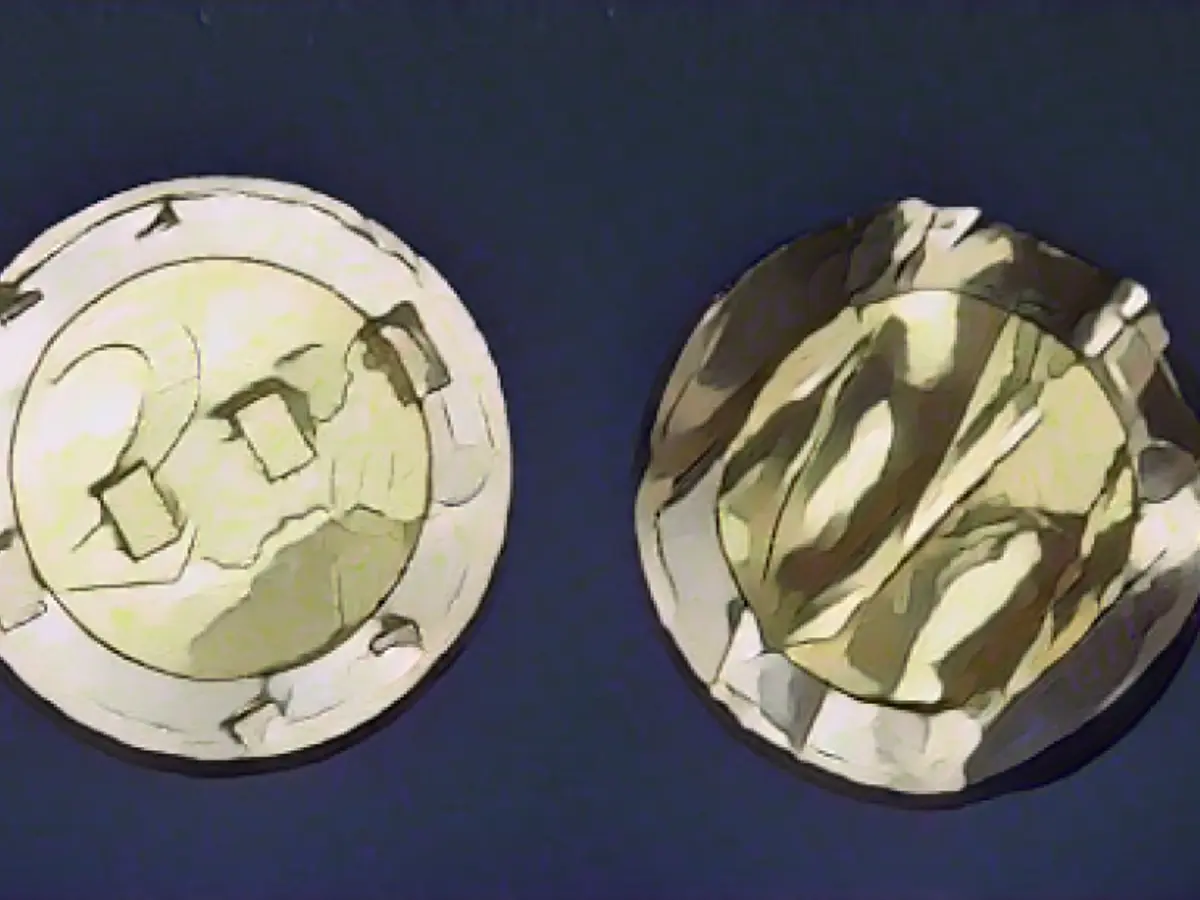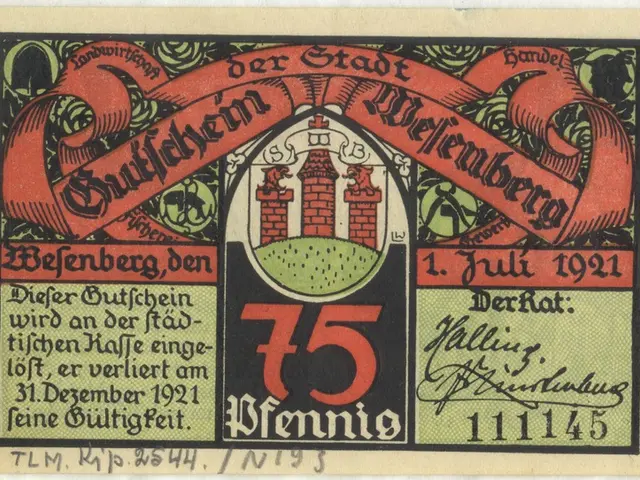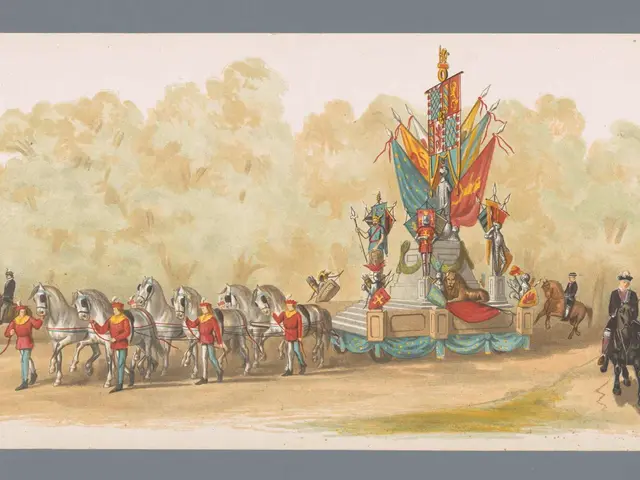title: Dealing with Debased Coins and Slot Machines: A Customs Crackdown
If you've ever found a few coins lying around your car, imagine discovering 7500 of them! That's exactly what customs officials in Munich stumbled upon during a border crossing check.
Meet the suspect: A Romanian man, 33 years old, was the unwitting possessor of this 62-kilogram haul. The coins, all devalued 2-euro pieces, were hidden away in his car—some even stashed in the spare wheel well. With an original value of 15,000 euros, it was quite a haul!

A closer look: The coins, originating from Slovenia, bore unusual minting features. They were heavily stamped, a tell-tale sign of devaluation. The man claimed he found them next to a garbage can in an Italian parking lot—of course!

But don't get too excited at the prospect of free slot machine games, as customs had other plans. It turned out these fraudulent coins had originally been sold as scrap metal before being illegally pressed into playables.
Scam alert: Gamblers playing with these debased coins were essentially playing for free—or at a significantly reduced cost. The 33-year-old had unknowingly fueled this fraudulent activity, contributing to the profits of the scammers.
The case took an unexpected turn at the end of August 2023, when the Romanian confessed before a lay assessor's court at the Rosenheim district court. He was sentenced to two years on probation for counterfeiting, receiving leniency due to his confession and prior incarceration.
Coins' fate: The seized coins found a new home at the Deutsche Bundesbank, where they were properly demonetized—a process known as "decoining." The remaining scrap metal was then sold off, with the proceeds going to the treasury.
Investigations are now underway at the Munich Customs Investigation Office into potential money laundering activities related to the 7500 debased 2-euro coins. The case has gained significant international attention, sparking discussions about financial crime, gaming regulations, and the increasing threat of organized crime in the region.
Source:
Additional Information:
In other parts of the world, it's common for individuals and businesses to dispose of unwanted or damaged coins as scrap metal. Unfortunately, some unscrupulous individuals take advantage of this situation by illegally pressing the coins into devalued versions and using them to deceive gamblers in slot machines.
This practice is not only illegal but also breaks gaming regulations, disrupting the balance of slot machine payouts and threatening the gaming industry. Additionally, it can lead to losses for consumers, who may end up spending significantly more than they intend due to the devalued coins.
Governments and gambling regulators worldwide are working to curb this growing issue. Efforts include tighteningcontrols on scrap metal sales, improving tracking and accountability for minting and coining activities, and educating the public on the risks associated with using devalued coins in slot machines.








